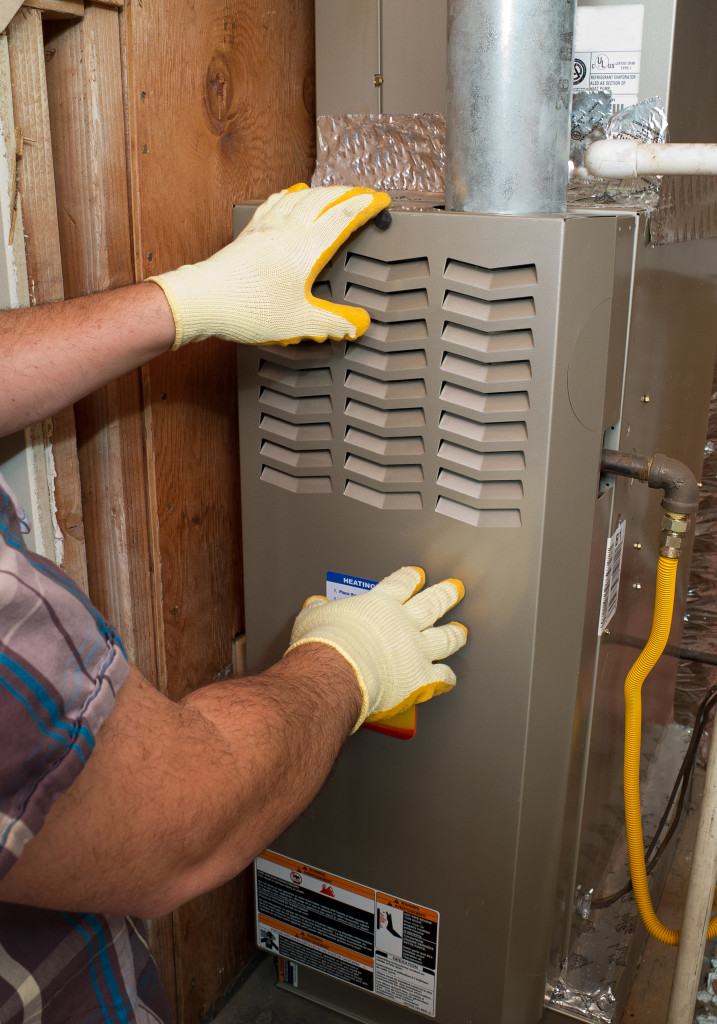- Lithium batteries require special handling to ensure user safety and prevent damage or injury from occurring.
- Investing in a suitable storage system, such as a lithium-battery bucket when dealing with lithium batteries is essential.
- Safely charging lithium batteries requires considering factors like ambient temperature, setting time, and charging methods.
- Safety precautions should be taken when handling lithium batteries to prevent unexpected outages or environmental influences.
Lithium batteries are increasingly popular due to their superior performance compared to other types of batteries. However, they also require special handling to ensure the safety of users and prevent damage or injury from occurring.
It is essential for anyone who uses lithium batteries to understand how best to handle them so that you can use them safely and effectively. This article will discuss some key points you must consider when handling lithium batteries.
Storage
When dealing with lithium batteries, proper storage is of the utmost importance. Failure to properly store these items can result in significant damage to the batteries and the property around them. For this reason, it is a good idea to use a purpose-built construction for storing lithium batteries, specifically, a lithium battery bucket.
These buckets protect against sparks and contain any fires that it might start. Moreover, they are non-conductive and provide an added layer of protection against elements, temperature changes, and impacts while keeping lithium-battery storage safely contained. All in all, investing in a suitable storage system is vital when handling lithium batteries.
Charging
The proper charging of lithium batteries is an important safety consideration that should not be overlooked. Failure to correctly charge lithium batteries can decrease the battery’s performance and lifespan while also increasing the risk of fire or explosion.
To properly maintain lithium batteries, it is essential always to follow manufacturer recommendations on charging – these will include parameters on voltage and current, maximum lifetime cycles, and appropriate storage conditions.
When considering charging, it is also essential to make sure you use a reliable power source as input for the charger, with good insulation protection and high-quality components such as capacitor assemblies for safety.
Safety Precautions
Here are some basic safety precaution reminders that you should take when handling lithium batteries:
Disposal Requirements
It is essential to consider disposal requirements when handling lithium batteries, as the potential environmental and public health risks posed if not done so correctly can be severe. In particular, lithium-ion batteries must be tightly encased in protective packaging before disposal to prevent the release of hazardous materials caused by breakage or combustion.
Furthermore, by federal and local regulations, all lithium battery waste must be tracked from the point of creation to its eventual reclamation center. Doing so helps ensure that proper safety and environmental procedures are correctly adhered to, reduces the possibility of contamination or environmental hazards, and will ultimately benefit the wider society for years to come.
Replacement/Maintenance
Taking the necessary steps to consider replacement and maintenance when handling lithium batteries is essential to ensure your device’s safety and optimal performance. Lithium batteries are high-powered and require a certain level of care, such as correctly disposing old batteries or replacing them periodically to avoid accidents.
Maintenance should include regularly checking each battery’s charge capacity and ensuring to keep them adequately charged for maximum life span, but not overcharging them, which can lead to decreased performance or hazards.
Special Considerations

Handling lithium batteries requires careful consideration of special considerations, including possible overheating or fire risks. This is especially true in devices that use multiple types of cells simultaneously, as this increases the potential for improper charging.
It is critical to ensure that these batteries are used correctly and safely: according to the manufacturer’s recommendations, only using certified chargers, monitoring battery levels closely, and following safe storage protocols.
Expiration Dates

Lithium batteries provide a reliable power source for many devices and are commonplace in our lives. It is vital to properly consider the expiration dates associated with such batteries when handling them, as the shelf life can significantly diminish and cause severe issues if not considered. Its storage temperature is the most critical factor in determining how long a battery can offer power.
Many times, storing lithium batteries at ambient temperature for just a few months can result in decreased longevity. As such, monitoring expiration dates is essential and should be done regularly. On products equipped with lithium batteries, diligent consumers should ensure they are aware of any upcoming expiration date so they can replace their batteries before an adverse event occurs.
These are the key points to consider when handling lithium batteries. Taking the time to understand them and take the necessary steps toward proper storage, charging safety precautions, disposal requirements, and maintenance will help ensure that you can use these powerful energy sources safely and effectively.

















